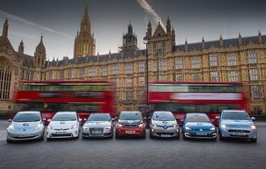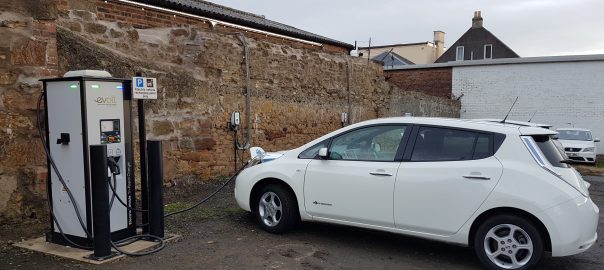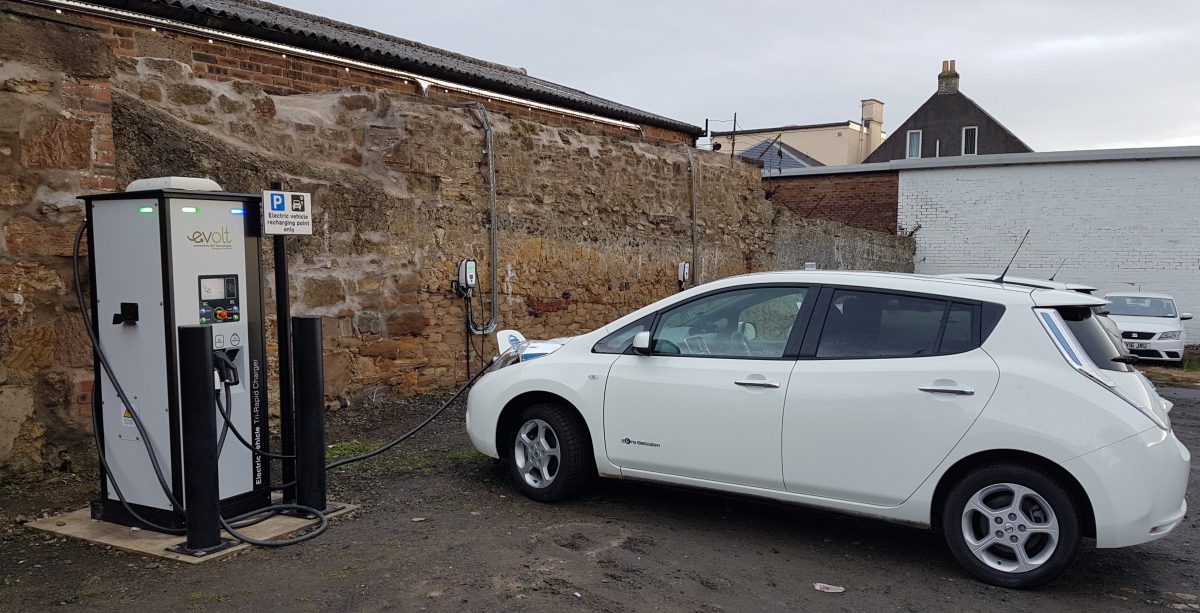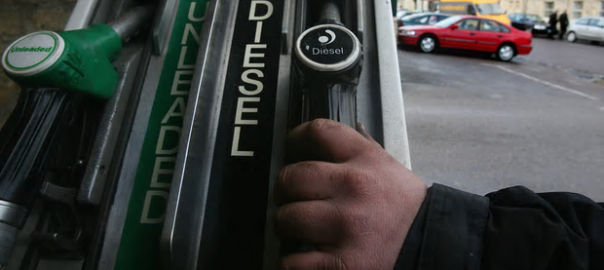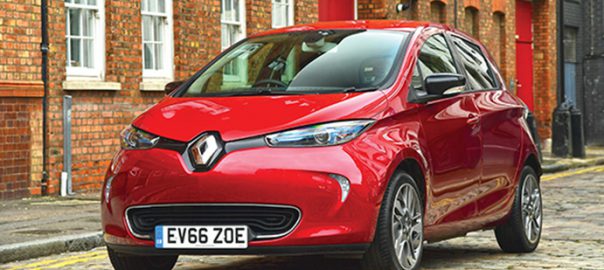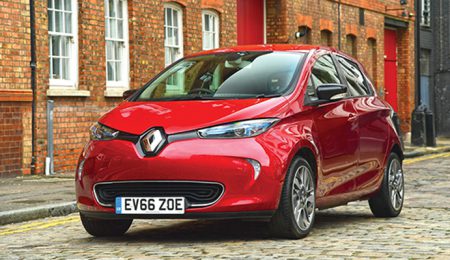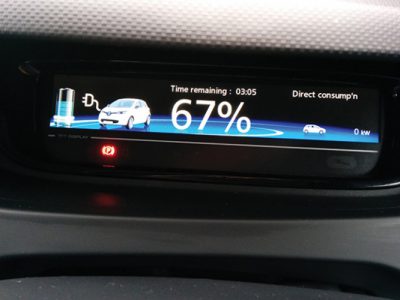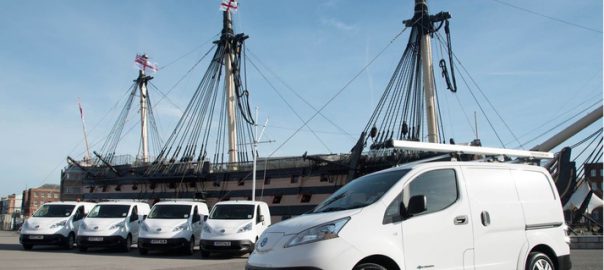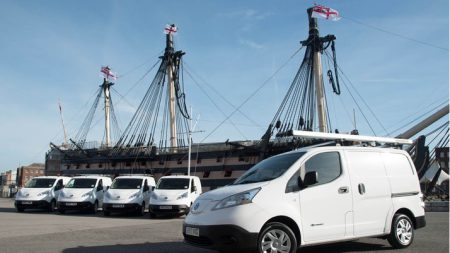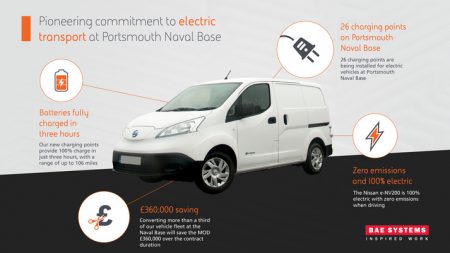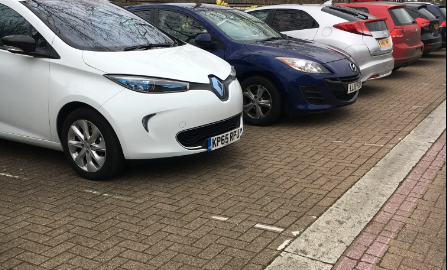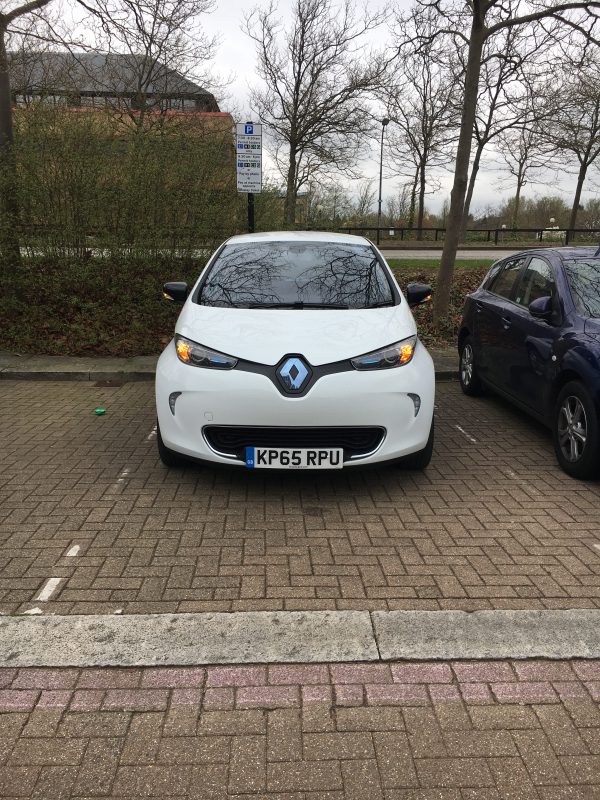The majority (85%) of respondents to a survey by Venson Automotive Solutions say they are now ‘more seriously’ considering buying an electric vehicle (EV) or choosing one as a company car in light of investment from the motor industry, Government and major oil companies.
The Government recently announced that it is putting in place new measures to improve provision of EV charge points as part of the Vehicle Technology and Aviation Bill, and oil supermajors Total and Shell have said that they will be making charging points a standard feature at fuel stations.
Although the commitment by industry and Government to remove purchasing barriers is having a positive influence, the survey also highlights that a focus on educating motorists on the ownership benefits – over and above the environmental benefits – is still needed.

Venson’s survey findings reported that the lack of charge points across the UK has been the biggest deterrents for motorists (69%), when it comes to buying or choosing an electric vehicle. Limited mileage range came second (61%), with the cost of charging the vehicle (42%) in third place.
Women (31%) were more reluctant than men (15%) to consider buying or leasing an EV because of the lack of opportunity to ‘try before you buy’. The cost of insuring an EV is one of the lowest concerns, with only 19% of motorists seeing this as a deterrent and battery safety fears the least of motorists’ EV worries.
“It’s really encouraging to see that public attitudes to electric vehicles are significantly shifting, as the industry invests in the necessary infrastructure. Clearly, Total and Shell’s move to install more charging points is critical in giving motorists the confidence when it comes to choosing EV or hybrid.”
Source: FleetLeasing
